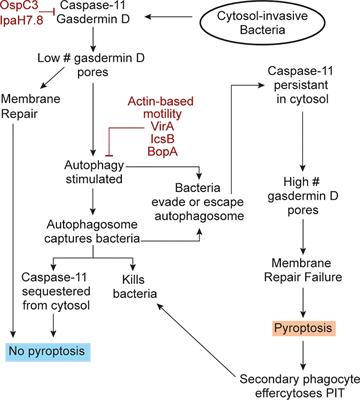ORIGINAL RESEARCH
Published on 29 Jun 2022
Identification of Key Pyroptosis-Related Genes and Distinct Pyroptosis-Related Clusters in Periodontitis

doi 10.3389/fimmu.2022.862049
- 4,572 views
- 23 citations
44k
Total downloads
102k
Total views and downloads
ORIGINAL RESEARCH
Published on 29 Jun 2022

ORIGINAL RESEARCH
Published on 30 May 2022

REVIEW
Published on 30 May 2022

ORIGINAL RESEARCH
Published on 20 Apr 2022

MINI REVIEW
Published on 29 Mar 2022

ORIGINAL RESEARCH
Published on 22 Mar 2022

MINI REVIEW
Published on 02 Mar 2022

REVIEW
Published on 25 Feb 2022

REVIEW
Published on 14 Feb 2022

ORIGINAL RESEARCH
Published on 10 Feb 2022

REVIEW
Published on 14 Dec 2021

ORIGINAL RESEARCH
Published on 18 Aug 2021
